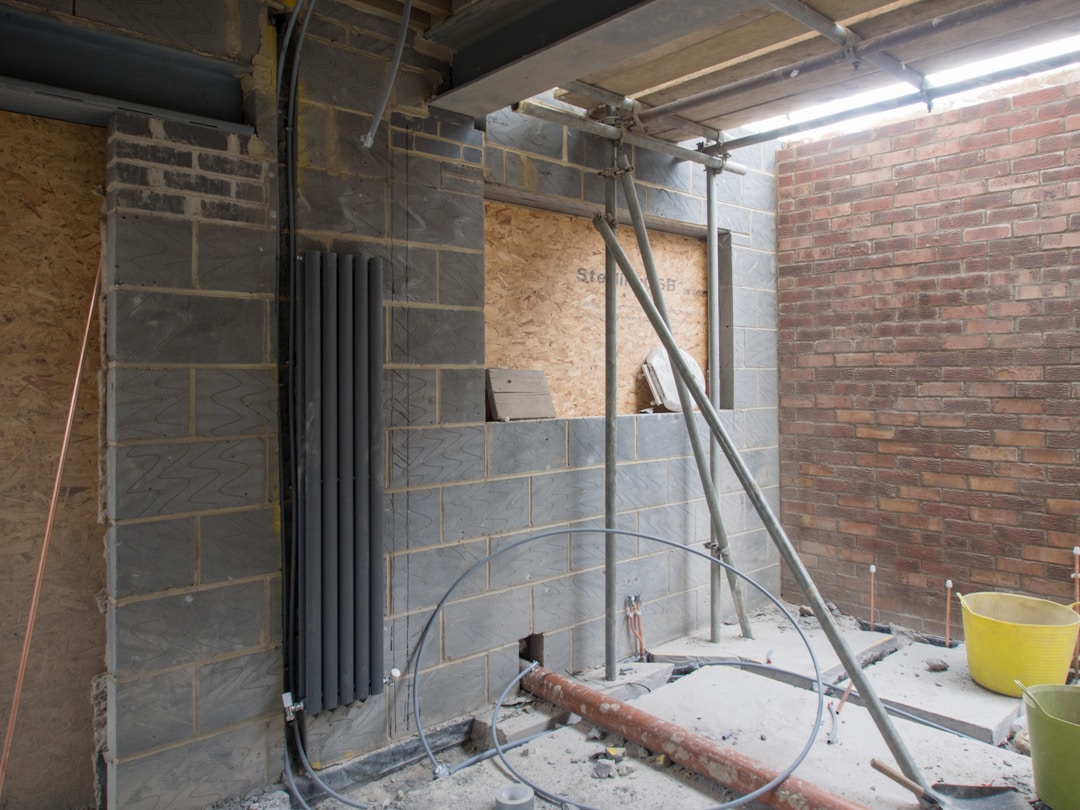Home insurance is a necessary investment for any homeowner, as it provides a safety net against unforeseen events that could potentially cause significant financial strain. However, many homeowners are unsure about what their policy actually covers, which can lead to confusion and frustration when it comes time to file a claim. In this article, we will explore the different types of coverage typically included in a standard home insurance policy, as well as some optional coverages homeowners may want to consider. Keep reading to better understand the extent of protection provided by your home insurance policy.
The Basics of Home Insurance Coverage

At its core, home insurance provides financial protection for your home, its contents, and your personal liability in the event of an insured loss. This usually includes coverage for the structure of your home, your personal belongings inside it, and your liability should someone be injured on your property. Additionally, most policies offer coverage for any additional living expenses you may incur if your home is uninhabitable due to a covered loss.
It’s important to note that home insurance policies typically operate on a named-perils basis, which means that only losses resulting from specific causes listed in your policy will be covered. This can include common events such as fire, lightning, windstorms, hail, explosions, and theft, among others. However, there are certain perils that are generally excluded from standard policies, such as flooding, earthquake activity, and damage caused by neglected maintenance. In these cases, additional coverage may be available through endorsements or separate policies.
The Importance of Personal Liability Coverage
Home insurance isn’t just about protecting the physical structure of your home and its contents. Personal liability coverage is a vital component of your policy that provides protection in the event someone is injured on your property or as a result of your actions, and it may also cover the cost of legal defense if you are sued. Liability limits vary between policies, but many financial experts recommend carrying at least $300,000 in personal liability coverage, with some even suggesting higher amounts for homeowners with significant assets to protect.
Additional Protection for Homeowners
Standard home insurance policies offer a reliable foundation of coverage for most homeowners, but there are various additional coverages that can be added to better suit your unique needs. For example, if you have particularly valuable items such as jewelry, fine art, or collectibles, you may want to consider adding a personal articles floater to your policy. This endorsement provides increased coverage limits for expensive items and typically covers a broader range of perils than a standard policy.
If you have made substantial improvements to your home, such as a new addition or upgraded materials, it’s essential to update your policy to reflect these changes. This is particularly relevant if you have invested in high-quality siding or roofing materials, as these upgrades can significantly impact your home’s replacement value. Regularly reviewing and updating your policy ensures that you have the coverage you need to protect your investment in your home.
Understanding Your Responsibilities as a Homeowner

As a property owner, it’s important to recognize your responsibilities when it comes to maintaining your property and protecting it from potential losses. This includes performing regular maintenance and addressing issues such as leaks, cracks, or deteriorating materials before they lead to significant damage. Many insurance claims are denied due to poor maintenance or neglect, so it’s in your best interest to stay vigilant and proactive in caring for your home.
Furthermore, it’s essential to understand your responsibilities when filing a home insurance claim. Prompt reporting of a loss is crucial, as is documenting the damage and cooperating with your insurer throughout the claims process. Failing to meet these responsibilities could result in a reduced or denied claim, which can leave you with considerable out-of-pocket expenses.
Overall, a home insurance policy is an indispensable part of homeownership, providing financial protection for your home, its contents, and your personal liability. Knowing what is and isn’t covered by your policy, staying proactive with maintenance, and considering additional coverage options tailored to your specific needs can help ensure your home and financial future are well-protected.




